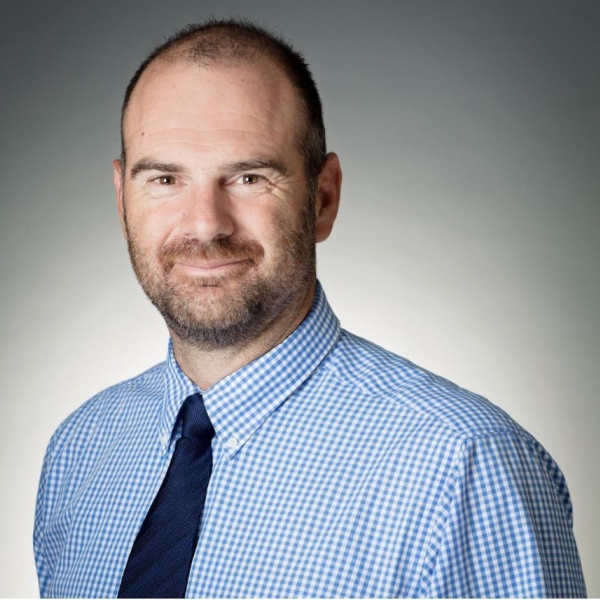Carel le Roux

Presentation: Treatment Options for Obesity and their Effects on the Cardiovascular System - Surgery
Bariatric surgery reduces appetite in humans which allows patients to behave around food intake the way they and health care professionals want them to behave. Surgery thus reduces the body fat set point which allows body weight to settle down after an approximate 25% bodyweight reduction.
Changes also occur in the sensory, reward and physiological domains of taste that may mechanistically contribute to the alterations in food preferences after gastric bypass. The sustained nature of weight loss, reduced appetite and shifts in food preferences may be explained by gut adaptation and chronic hormone elevation.
Glycaemic control improves rapidly and is a result of several mechanisms including reduction in calorie intake, weight, hepatic and peripheral insulin resistance as well as an enhanced insulin secretion. Significantly altered gut hormones and bile acid metabolism have been implicated. Finally, the improved metabolic milieu results in end organ damage reversal in some patients.
Following bariatric surgery, a pleiotropic endocrine response may contribute to improved appetite reduction, long-term lowering of body weight, glycaemic control and improvements in end organ damage.
Carel's Biography
Professor Carel le Roux graduated from medical school in Pretoria South Africa, completed his specialist training in metabolic medicine at St Bartholomew’s Hospitals and the Hammersmith Hospitals. He obtained his PhD from Imperial College London where he later took up a faculty position. He moved to University College Dublin for the Chair in Experimental Pathology and he is now the Director of the Metabolic Medicine Group. He previously received a President of Ireland Young Researcher Award, Irish Research Council Laurate Award, Clinician Scientist Award from the National Institute Health Research in the UK, and a Wellcome Trust Clinical Research Fellowship for his work on how the gut talks to the brain.